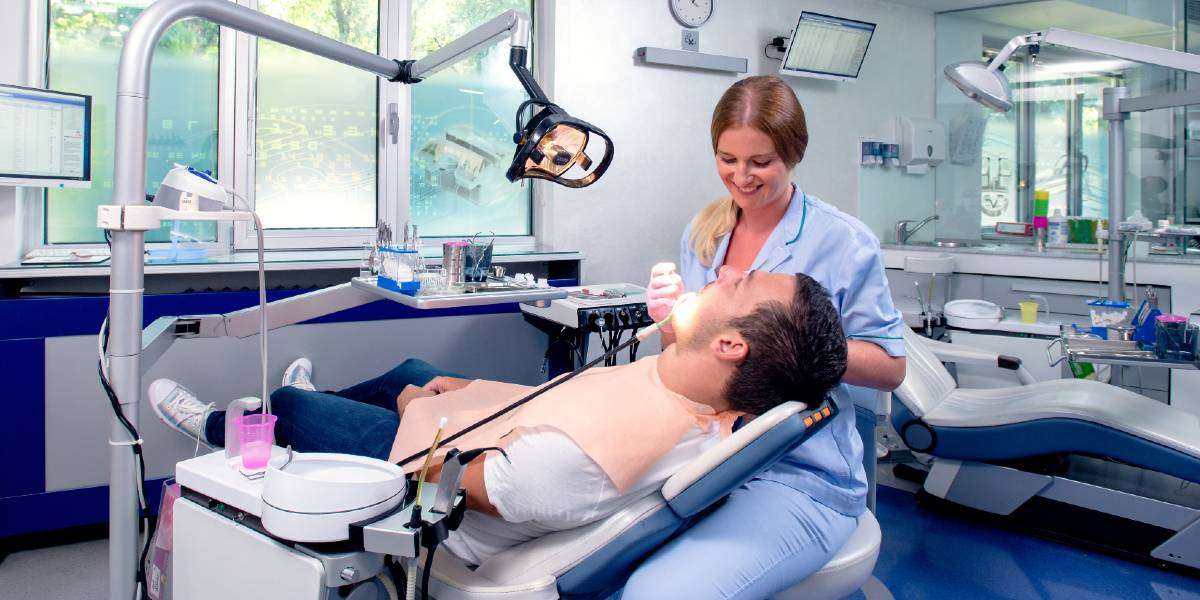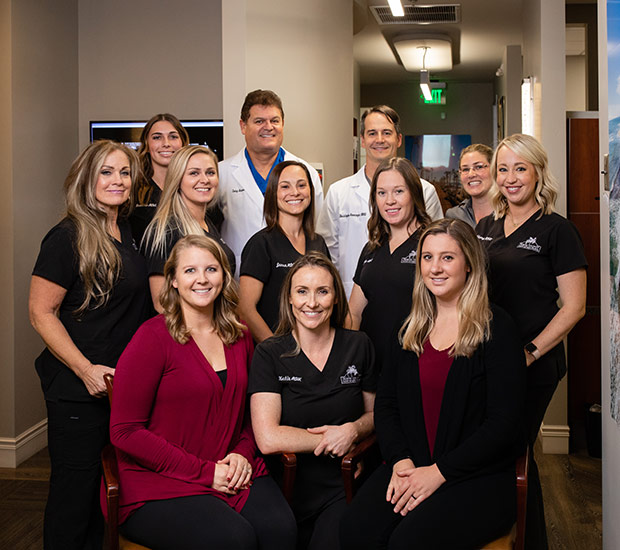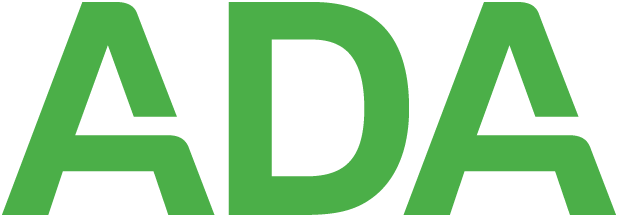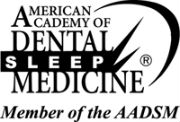Certified Dental Hygienist vs Registered Dental Hygienist: What’s the difference?
The term “Certified Dental Hygienist” is actually a misnomer. All dental hygienists need to go through a certification process, but their official term is Registered Dental Hygienist, or RDH. If you come across a hygienist that says they’re a Certified Dental Hygienist, or don’t have the title RDH, you should look elsewhere. Registered Dental Hygienists must graduate from an accredited dental hygiene program (typically 3 years of schooling), pass the written National Board Dental Hygiene Examination and complete a regional or state clinical board examination.
If you ever see a hygienist with the title RDHAP, it means they completed extra schooling and certification to work independently, not under the direct supervision of a dentist. You often see RDHAPs in mobile clinics, on house calls, or at senior living facilities. At North County Cosmetic and Implant Dentistry, we have both an RDH and RDHAP on staff.
The Role of a Registered Dental Hygienist
RDHs are skilled oral health professionals who assess your oral health, clean and scale your teeth, teach you important oral hygiene skills, and identify any dental issues that require attention. Their expertise goes beyond mere teeth cleaning; they are integral members of the dental team dedicated to ensuring your oral health is in its best state.
Benefits of Regular Visits to a Registered Dental Hygienist
Early Detection of Dental Problems: Regular visits enable RDHs to identify dental issues in their early stages. By catching problems like tooth decay, gum disease, or oral cancer early on, treatment becomes more effective and less invasive
Preventive Measures and Treatment: RDHs provide preventive care tailored to your specific needs. They offer treatments such as fluoride applications, dental sealants, and professional cleanings to help prevent tooth decay and gum disease. Their interventions can save you from future oral health complications and costly dental procedures.
Teach skills: RDHs can help teach you important oral hygiene techniques. They’ll provide guidance on brushing and flossing techniques, as well as recommendations for oral care products. Regular visits allow them to assess your oral hygiene routine and make personalized suggestions to enhance its effectiveness.
Reduction of Plaque and Tartar Buildup: Despite diligent oral hygiene habits, plaque and tartar can accumulate in hard-to-reach areas of your mouth. RDHs have the tools and expertise to remove these stubborn deposits, reducing your risk for gum disease, cavities, bad breath, and other systemic diseases.
Frequency of Visits
The general recommendation for regular visits to a RDH is every six months. However, the frequency may vary based on individual needs. Factors such as oral health status, age, and risk factors can influence the recommended visit schedule. Your RDH will assess your specific situation and provide personalized recommendations for optimal care.
Promoting Overall Health
Oral health is not isolated from the rest of the body; it is intricately connected to overall health. Research has shown strong associations between poor oral health and various systemic conditions. For example, individuals with gum disease are at an increased risk of developing heart disease. The bacteria present in gum disease can enter the bloodstream and contribute to the formation of arterial plaque, potentially leading to cardiovascular problems.
Furthermore, individuals with diabetes may experience difficulties in controlling their blood sugar levels when they neglect their oral health. Why? Because gum disease can make it harder to manage diabetes by affecting insulin sensitivity and glycemic control. Regular visits to your RDH can help prevent or manage gum disease, reducing the risk of complications for individuals with diabetes.
Addressing Dental Anxiety and Fear
For individuals who experience dental anxiety or fear, regular visits to a RDH can play a crucial role in overcoming these concerns. RDHs understand the importance of creating a comfortable environment. They utilize effective communication techniques, build trust, and offer support to help patients feel at ease during their visits.
Regular visits to a Registered Dental Hygienist, like the ones at North County Cosmetic and Implant Dentistry, are an essential part of maintaining optimal oral health. By scheduling these visits, you can benefit from early detection and treatment of dental problems, improved oral hygiene practices, and a reduced risk of gum disease and tooth decay. Prioritizing your oral health and working closely with your RDH will help ensure a healthy smile that contributes to your overall well-being. Give us a call today to schedule your next Healthy Mouth Cleaning!
Recent Posts
Preventative dental care is essential for maintaining good dental health. Regular check-ups with a dentist can help identify and address potential dental issues before they become more serious. North County Cosmetic and Implant Dentistry in Vista, CA offers a range of preventative dental services to help patients achieve and maintain healthy teeth and gums.One of…
Among the most common dental problems that a general dentist treats are cavities. Most people will experience this form of tooth decay at some point due to:Dry mouthSugary foods and drinksPoor oral hygieneGeneticsThere are several types of cavities, and each can lead to complications without prompt treatment.A general dentist first considers a cavity's location when…
Receding gums are a common problem that can affect anyone, especially people with gum disease, past orthodontic work, or aggressive brushing habits. While outside issues could cause receding gums, it also could be triggered by hereditary influences, or even just from aging. In short--there are lots of reasons your gums could be receding! This is…







